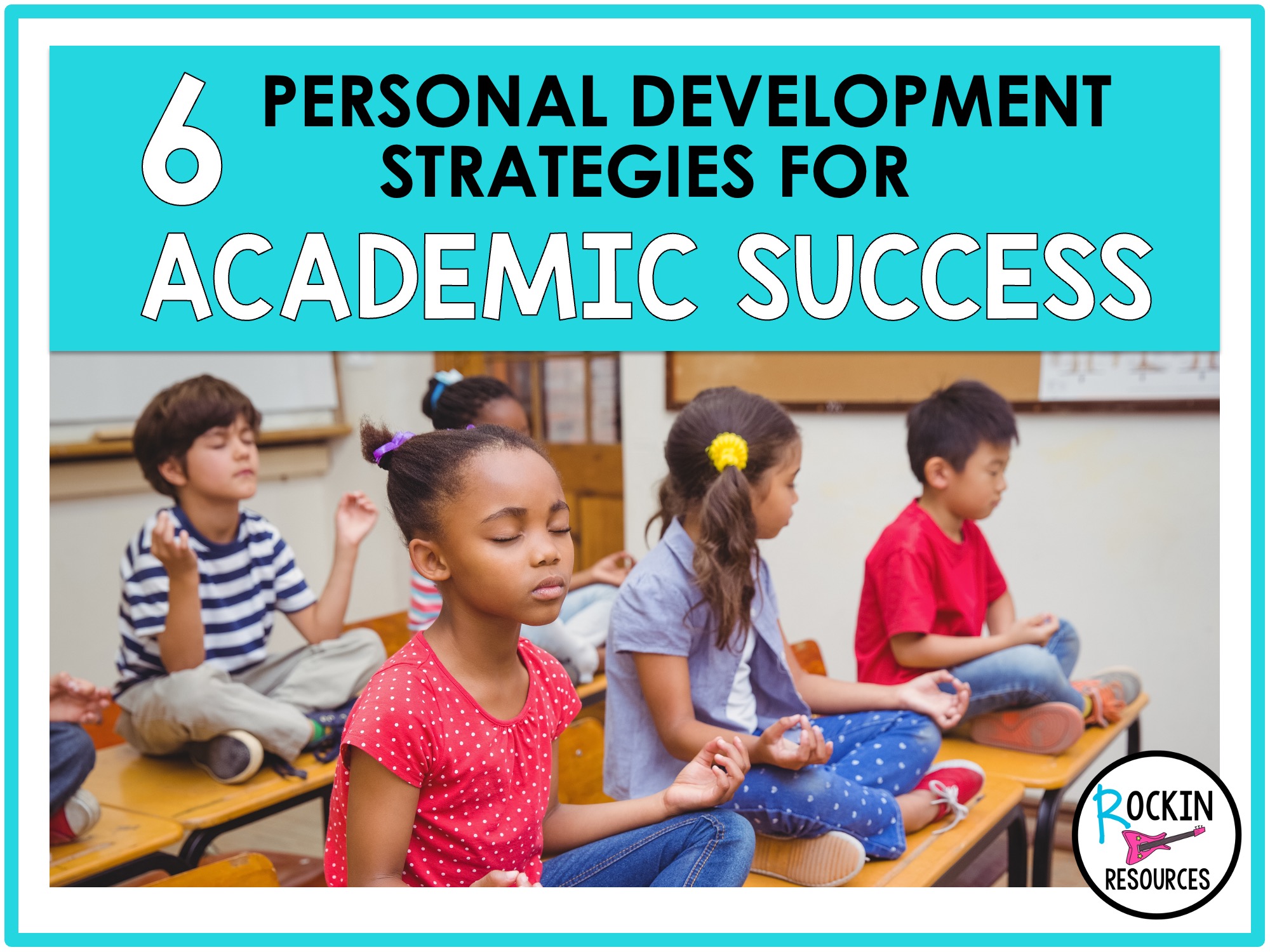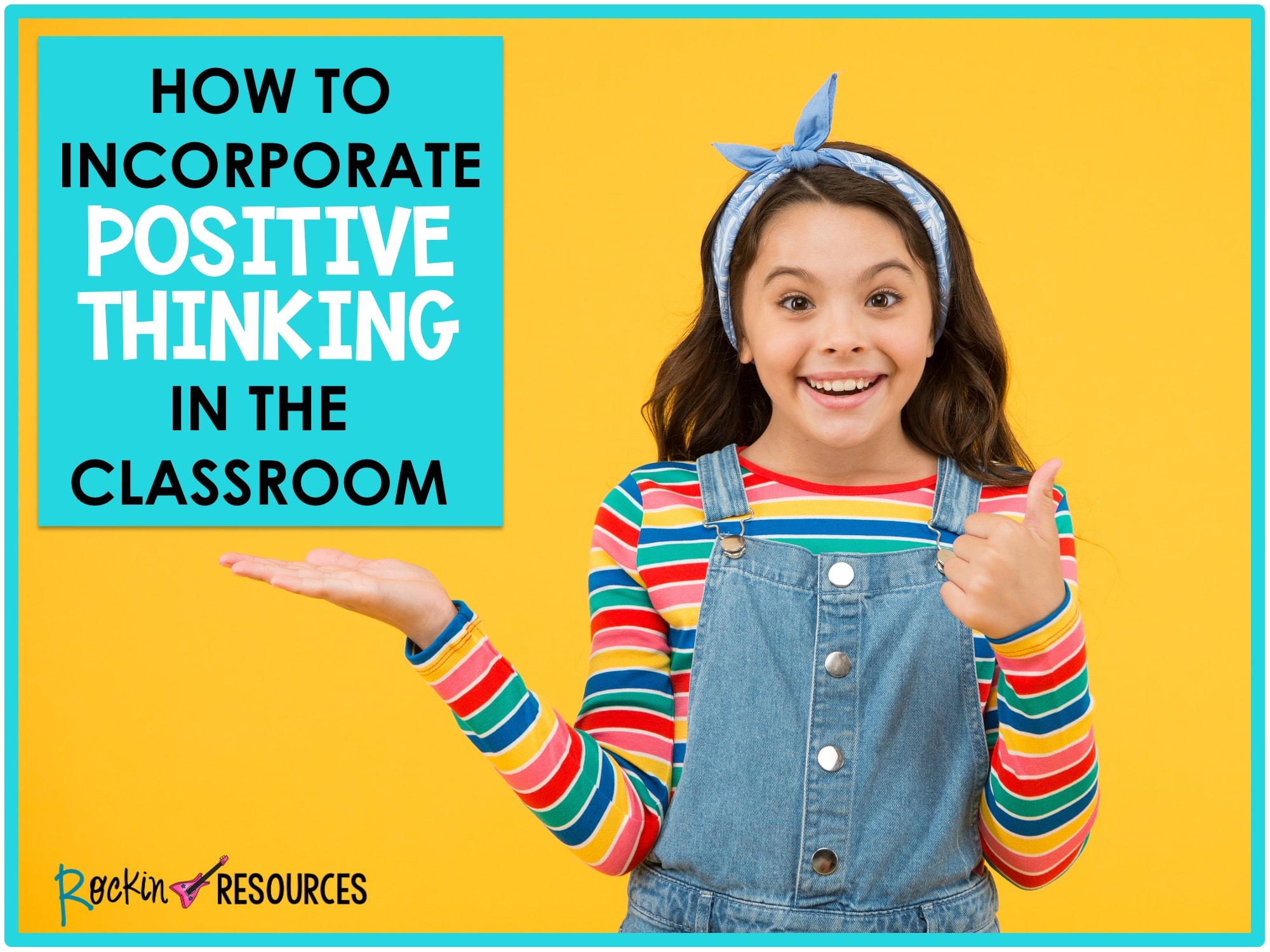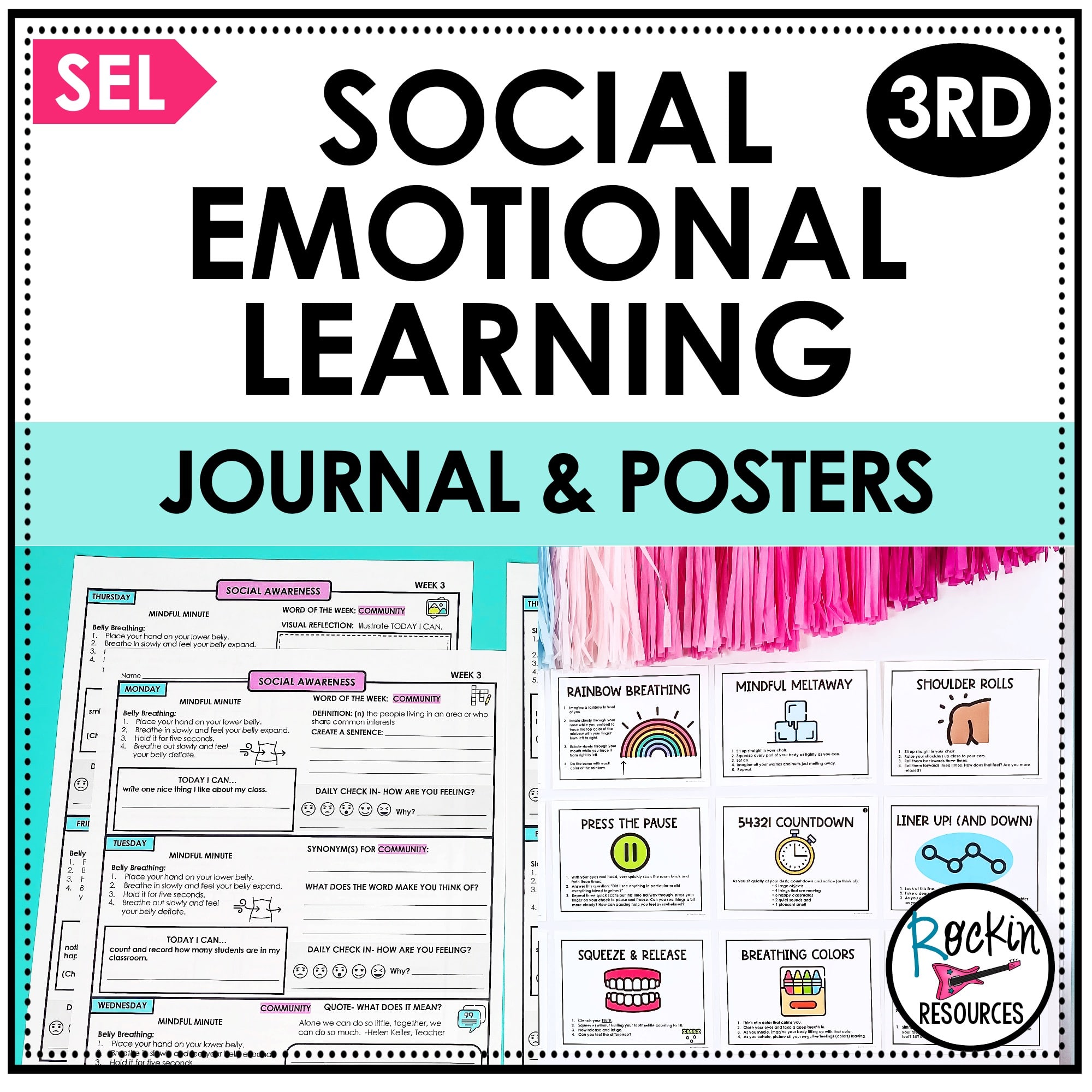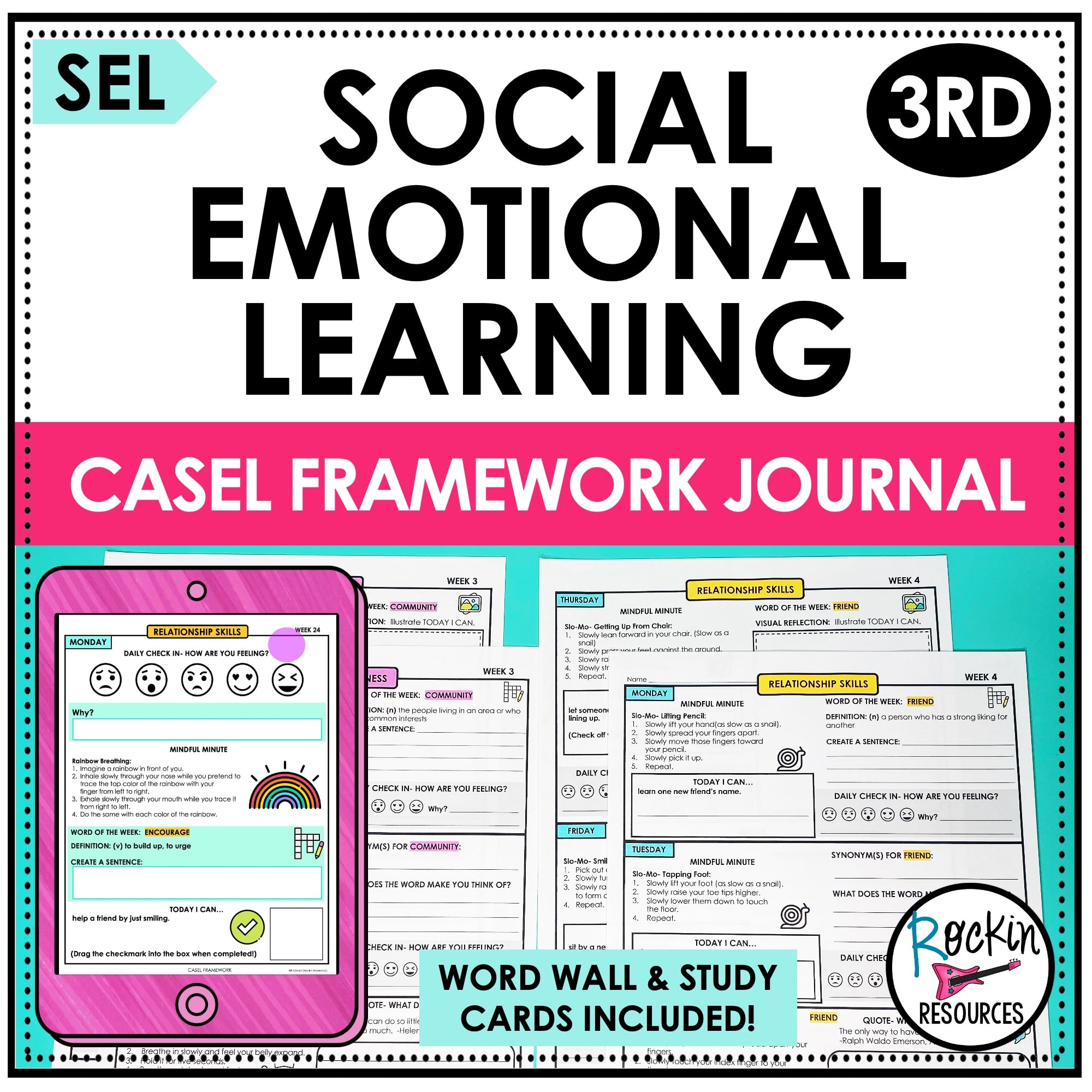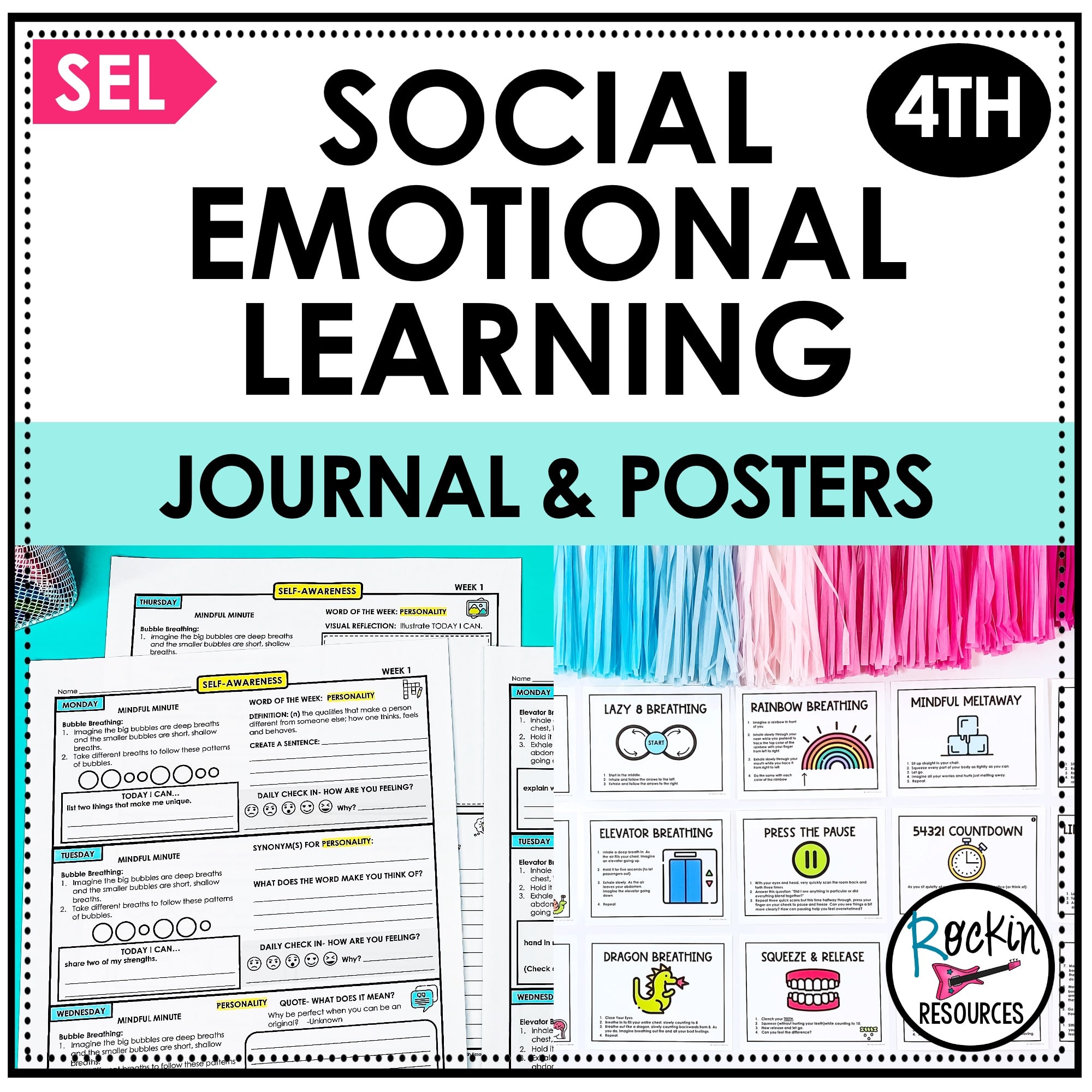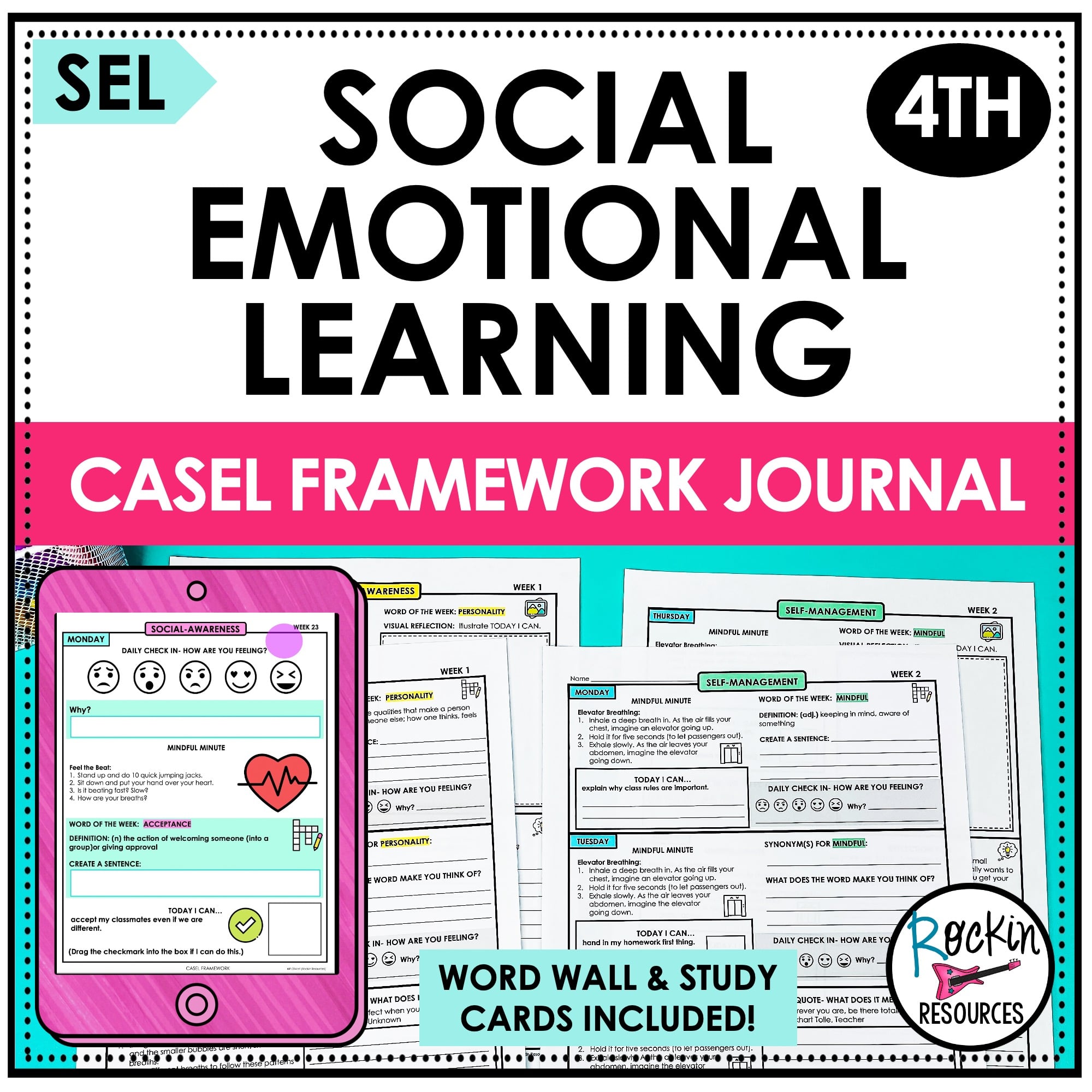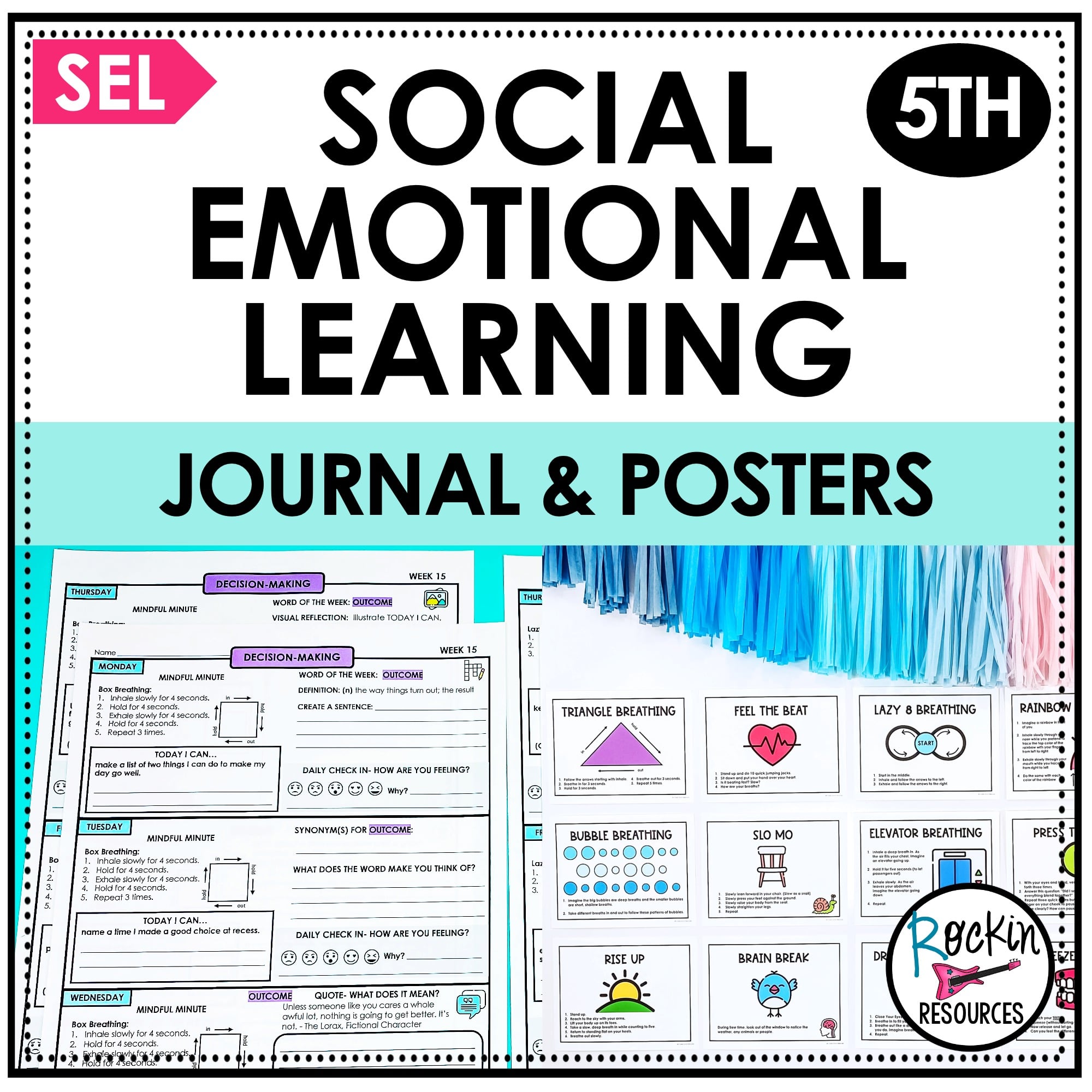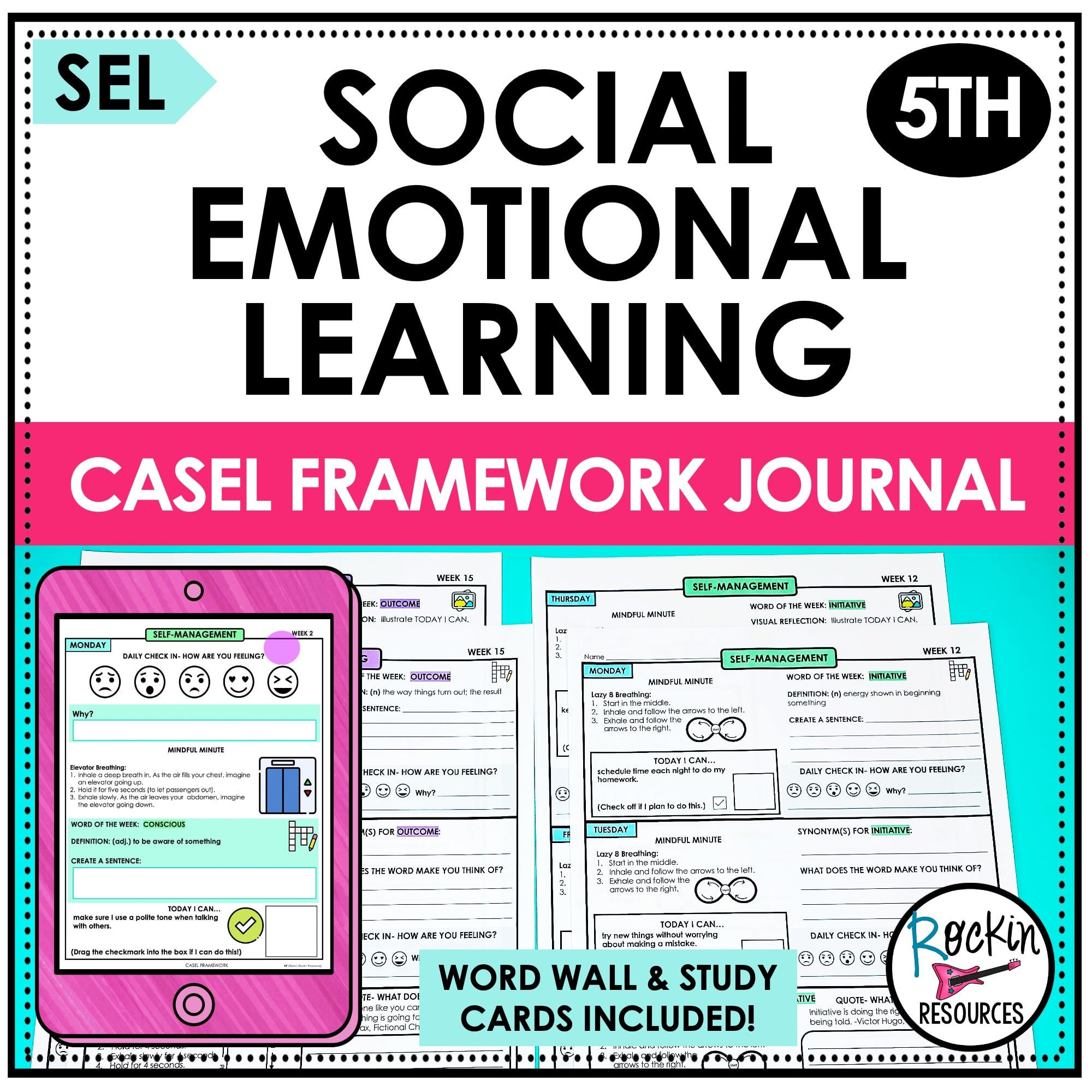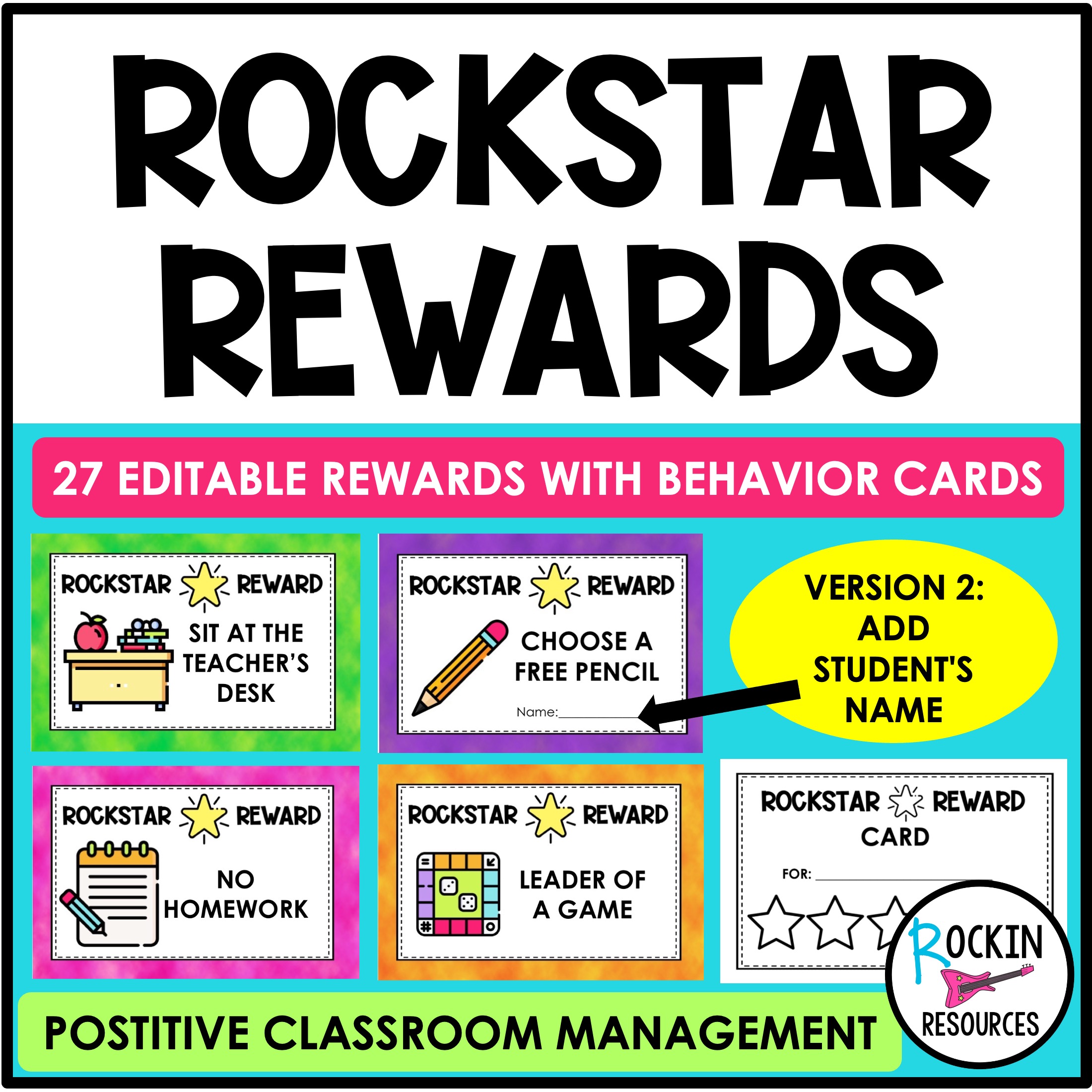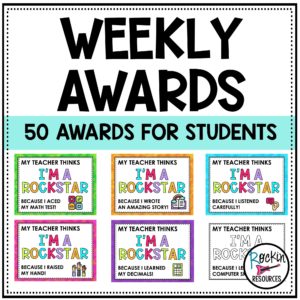Have you ever wondered why we need to pay attention to both academic growth and personal development? Well, it turns out they’re like two peas in a pod! When we nurture our students’ emotional well-being, we’re setting them up for success in all areas of their lives. Take those nail-biting exam moments, for instance. Research tells us that when students feel anxious during tests, it can damper their performance and grades. But fear not! We’ve got strategies for you to use! Check out the 6 Strategies of Personal Development to Help Academic Growth!
- Mindfulness Meditation. Mindfulness meditation is a practice that involves focusing your attention on the present moment without judgment. It typically involves sitting quietly and paying attention to your breath, bodily sensations, thoughts, and emotions as they arise. The goal of mindfulness meditation is to cultivate awareness of the present moment and develop a non-reactive and accepting attitude towards your experiences. Through regular practice, mindfulness meditation can help reduce stress, improve concentration, enhance emotional regulation, and promote overall well-being. It is often used as a tool for managing anxiety, depression, chronic pain, and other mental health conditions.
Picture This: Students chill out, focusing on the here and now, without any judgment. It’s all about paying attention to their breath, feelings, and thoughts.
- Deep Breathing. Deep breathing exercises offer children a simple yet powerful tool to manage their emotions and promote relaxation. These exercises typically involve taking slow, deep breaths, filling their lungs with air, and then exhaling slowly. By teaching children to focus on their breath, they can learn to calm their minds and bodies, reduce stress, and regain a sense of control during moments of anxiety or overwhelm. Deep breathing exercises can be tailored to suit children of all ages, making them accessible and effective for youngsters as they navigate the ups and downs of daily life.
Picture This: Students kick anxiety to the curb and feel cool, calm, and collected when it’s time to buckle down and focus. No more test anxiety!
- Positive Self-Talk. Positive self-talk refers to the practice of consciously directing supportive and affirming messages to oneself. It involves using optimistic and empowering language to counteract negative thoughts and beliefs. Positive self-talk can take many forms, including affirmations, encouragement, and reassurance. For example, instead of saying, “I can’t do this,” someone might say, “I am capable and resilient, and I can handle challenges.” By engaging in positive self-talk, individuals can boost their self-confidence, improve their mood, and cultivate a more optimistic outlook on life.
Picture This: Children have a cheerleader in their heads, boosting confidence, lifting moods, and helping them see the sunny side of life.
- Restorative Practices. Restorative practices in the classroom involve creating a supportive and inclusive learning environment through building relationships, resolving conflicts, and promoting accountability. Rather than focusing solely on punitive measures for misbehavior, restorative practices emphasize repairing harm and restoring relationships between students and between students and teachers. This approach often includes strategies such as circle discussions, where students gather to discuss issues, share perspectives, and work towards resolution collaboratively. Restorative practices also involve teaching students social-emotional skills such as empathy, communication, and problem-solving, which can help prevent conflicts and build a positive classroom culture. Educators aim to create a safe, respectful, and supportive learning environment where all students can thrive academically and emotionally.
Picture This: Students sit in a circle, chatting it out, gaining new perspectives, and finding common ground. It’s like group therapy but way more fun!
- Cooperative Learning. Cooperative learning is an instructional strategy where students work together in small groups to achieve a common goal or complete a task. Unlike traditional methods, where students work individually, cooperative learning emphasizes collaboration, communication, and mutual support among group members. In a cooperative learning setting, students are typically assigned specific roles or tasks within their groups, and they are responsible for contributing to the group’s success. This approach not only fosters academic achievement but also promotes social skills, such as teamwork, leadership, and conflict resolution. Cooperative learning activities can take various forms, including group discussions, problem-solving tasks, projects, and peer tutoring. Students not only deepen their understanding of content but also develop essential interpersonal skills that are valuable for success in school and beyond.
Picture This: Students team up, pooling their brainpower, and tackling challenges together. It’s all about teamwork, communication, and having each other’s backs.
- Social-Emotional Learning (SEL). Social-emotional learning (SEL) refers to the process of developing skills and competencies that support emotional intelligence, self-awareness, self-management, social awareness, relationship skills, and responsible decision-making. SEL focuses on helping individuals understand and manage their emotions, build positive relationships, and make responsible choices in various contexts. SEL has been shown to improve students’ academic performance, behavior, and attitudes toward learning, as well as contribute to positive outcomes in areas such as mental health, relationships, and future success. This powerhouse focuses on building emotional smarts, self-awareness, and relationship skills. It’s like giving students a secret weapon to handle whatever life throws their way.
Picture This: Students understand their emotions, building positive relationships, and making responsible choices!
By weaving these strategies into our teaching toolkit, we’re not just helping students ace their exams; we’re setting them up to conquer life’s hurdles with confidence and gusto!
Keep Rockin,

